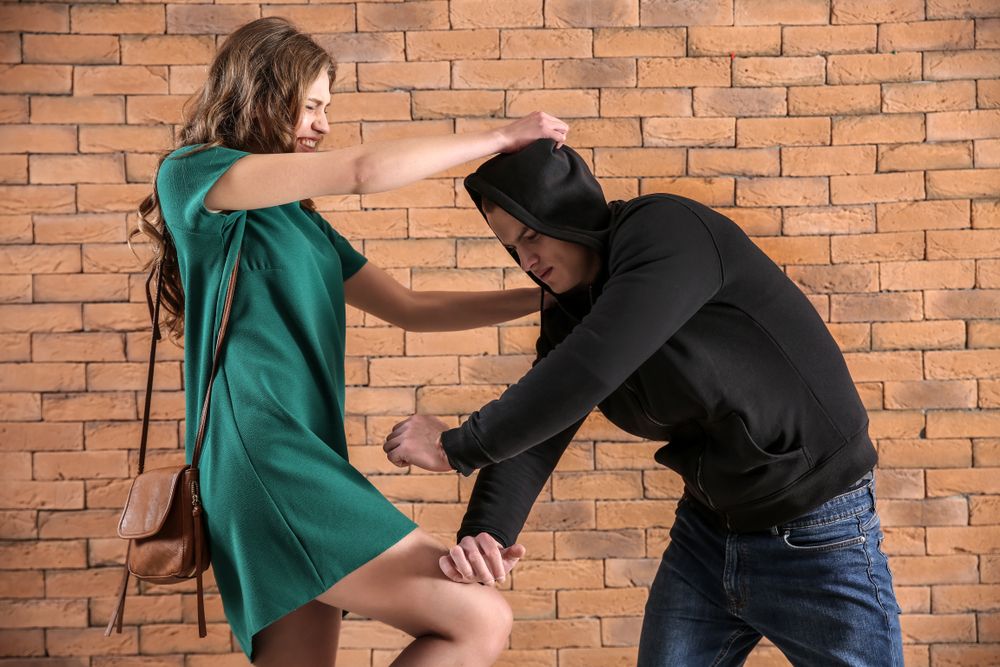
Ways An Attorney Can Prove Self-Defense
The principle of self-dense is that people have the legal right to protect themselves and others from harm. Sometimes, what a person does in self-defense would ordinarily be classified as a crime. During self-defense, however, it shouldn’t be. Every state allows for people to claim that their actions were in self-defense when they have been charged with a serious crime such as murder. This is also allowed through federal criminal law. Each state has its own laws about self-defense and how it is defined and tried. In some states, there are stand-your-ground laws or castle doctrine. In others, you have to prove that you first tried to get away from the danger before employing any violent self-defense measures.
What Is Self-Defense?
This concept is the use of violence or other force to protect yourself or someone else from immediate or imminent harm. This requires the victim of the danger to believe that the danger is immediate and serious and that they could fall victim to bodily harm, injuries, or even death. This is a fairly simple definition, but it can get more complicated in court. Each part of the self-defense criteria in the state has to be proven in court. It can be hard to prove that someone believed that danger was imminent, but it can be done by looking at the circumstances. Generally, the court is looking at whether the use of force or violence was justified by the person who practiced self-defense.
Questions Courts Consider
There are a number of questions that come with an act of self-defense. Some of the questions that courts consider include whether the attack was provoked by the victim and whether the perpetrator made threats to use force on the victim. They will look into whether it was required to retreat from the danger rather than to act to protect themselves or someone else. They will generally consider whether the victim was reasonable in their belief that they would soon have force used against them. Was this an irrational fear, or was it understandable? Did the victim then use a reasonable amount of force to protect themselves? If there wasn’t a threat, but the victim thought there was, the court will try to find out whether self-defense legal protection exists for them because of a reasonable belief of harm. An attorney can help to answer all of these questions for the court.
An Imminent Threat
It’s generally accepted that self-defense is only supposed to be used when the threat is an imminent one. This means that it’s certain that the threat will happen to the victim. A perpetrator can cause someone to believe that there is an imminent threat by using verbal threats against them. Using offensive words without this threat of immediate harm is not considered a cause for self-defense. If someone, for example, brandished a knife or gun and threatened to kill someone, this is likely to be seen as an imminent threat in which self-defense is justified. This is because it’s likely that a reasonable person would have the fear that they would be immediately harmed by the perpetrator.
When the threat of harm is over, the use of self-defense is no longer justified. After the threat has ended, any other force used by the victim can be considered to be retaliatory, and this may mean that they committed a crime. For attorneys, the key is to prove that the threat of harm is something that a reasonable person would fear. They need to show that the threat was imminent and that the victim could have been harmed, or harmed worse, without the use of self-defense.
Contact An Experienced Lawyer
To get the best criminal defense attorney in PA, contact us about your case. We can evaluate your case and provide you with the best representation in court. With a qualified and experienced criminal defense attorney in Doylestown, you can achieve the best possible outcome.
